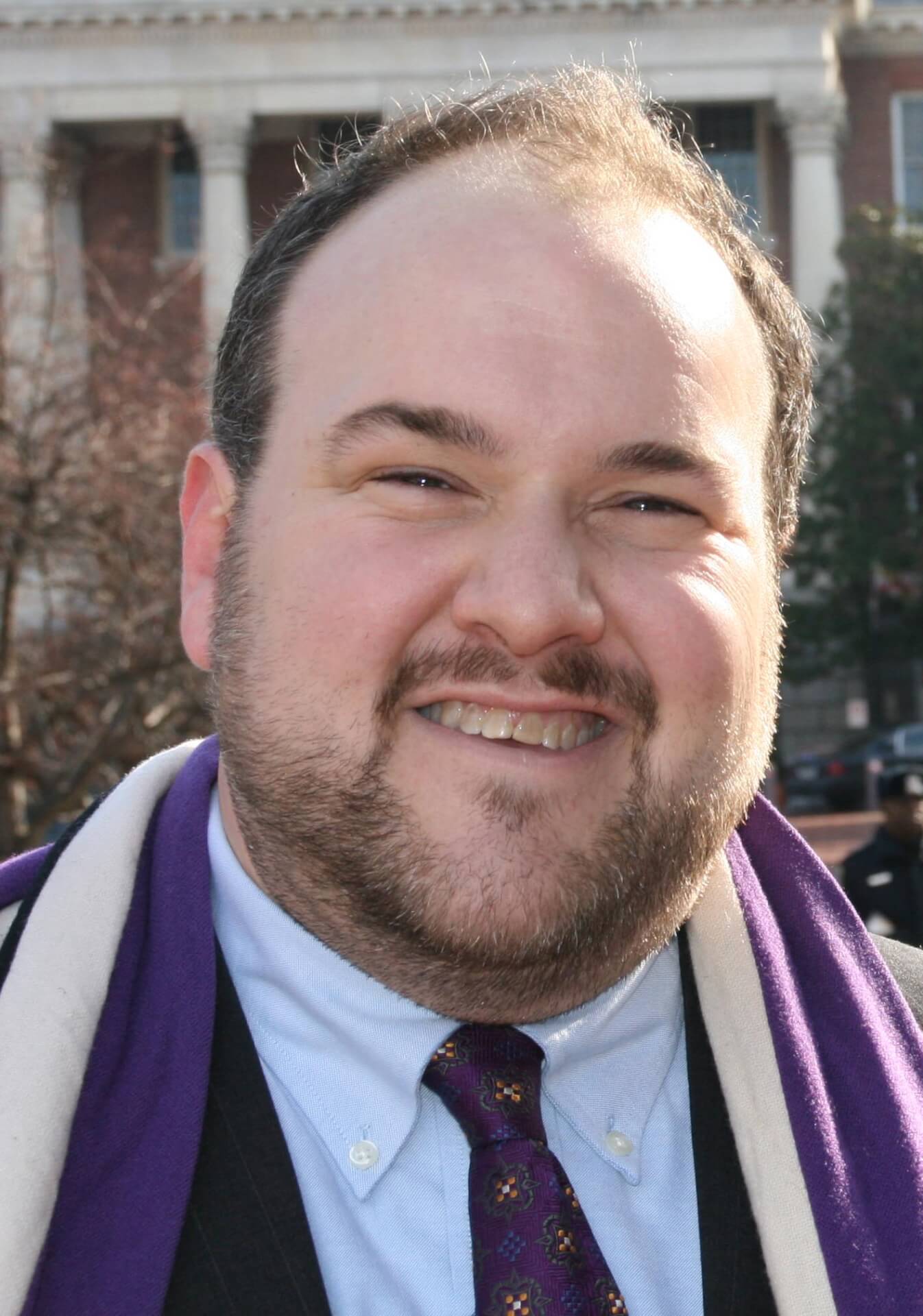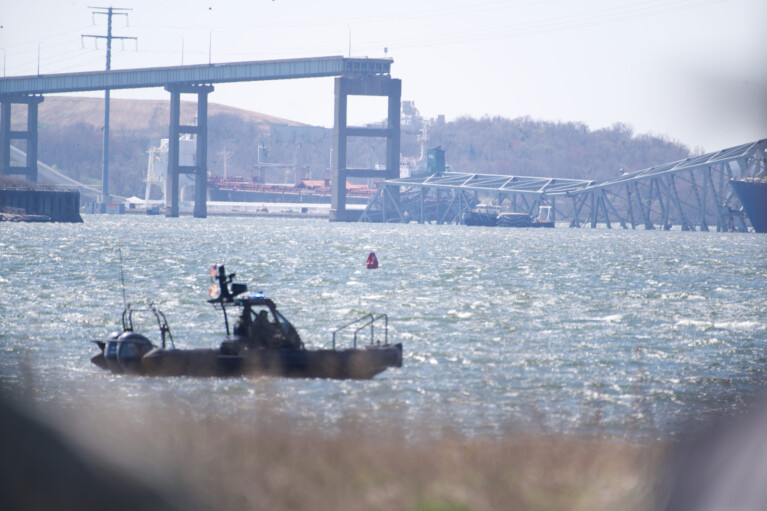
Maryland’s court system is slowly chipping away at the prodigious backlog of asbestos-related litigation, according to a report prepared this week for the General Assembly by the Maryland Administrative Office of the Courts.
In a report compiled at the request of legislative leaders, Pamela Harris, the state court administrator, says Baltimore City asbestos liability cases are being scheduled and resolved in “much greater numbers” since the Baltimore City Circuit Court implemented new procedures in 2017. The report also concludes that “the Judiciary does not believe there is any need for additional resources or statutory and regulatory change at this time” to address the vast backlog of lawsuits filed against asbestos manufacturers.
The state’s backlog of asbestos cases, filed in real time or prospectively by former industrial workers suffering from or anticipating being stricken by mesothelioma, cancer or asbestosis, has vexed state policymakers, judicial officials, and plaintiffs’ and defense lawyers for decades.
The backlog of liability cases, some dating back to the 1980s, prompted a flurry of activity in the General Assembly session earlier this year and could well result in new legislation designed to expedite asbestos cases.
But the discussion about possible legislative remedies comes as Harris issued a surprisingly sunny report about the progress of cases.
More than 5,000 asbestos cases have been resolved in the last five years, the report said – most in the last two years. The report attributes the recent progress on a change in the way cases are selected for status conferences to see if they are ready to go to trial. Until two years ago, plaintiffs’ lawyers selected the cases; now those decisions are being made by the judge and the magistrate assigned to the asbestos docket in Baltimore City Circuit Court.
The court report also says that more than half of the 2,061 cases scheduled for status conferences over the last two years – 1,033 – were resolved before or at those conferences.
Overall, the report found, there are 27,487 active open cases and 7,593 inactive cases, for a total of 35,080.
“An asbestos lawsuit typically includes large numbers of defendants,” the court administrator’s document says. “The claims against different defendants may be resolved at different stages in the litigation, and by different procedural means. A case is ripe for closure when the claim against the last remaining defendant is resolved.”
In the final days of this year’s legislative session, the Senate passed a bill that would have created an Office of Asbestos Case Mediation and Resolution within the executive branch of state government. The idea behind the legislation was to make a dent in the backlog of lawsuits.
But members of the judiciary, including Maryland Chief Judge Mary Ellen Barbera, strenuously objected, arguing that such an office would interfere with the duties of the judiciary. The Attorney General’s office issued an opinion suggesting the bill might be unconstitutional. The legislation died in the House Judiciary Committee on the final day of the session.
The bill, which emerged very late in the session, was championed by the law office of Peter G. Angelos, one of the most successful plaintiffs’ attorneys in the country – whose firm handles almost two thirds of the asbestos cases in Maryland. Angelos’ son, John Angelos, and the firm’s lobbyist, Gerard E. Evans – one of the highest paid advocates in Annapolis – testified in favor of the bill.
Coincidentally or not, current and former members of the Baltimore Orioles, which the Angelos family owns, were dispatched to the State House for a good will visit while the bill was under consideration. The entourage included Hall of Fame first baseman Eddie Murray.
House Judiciary Committee Chairman Luke H. Clippinger (D-Baltimore City) said he has spent the summer “getting an education about asbestos litigation” in Maryland. He visited a round of status conferences in Baltimore City Circuit Court and was one of the legislative leaders who requested the recently completed study by the court administrator. The Judiciary Committee has scheduled an informational work session on asbestos next month.
Clippinger is considering introducing asbestos-related legislation in next year’s General Assembly session, but he said in an interview Friday he was not sure what the bill would look like.
“I don’t have anything specific right this second,” he said.
But Clippinger said he was mindful of the slow but steady progress being made to reduce the caseload.
“It’s not like nothing’s happening,” he said.
State Sen. Jeffrey D. Waldstreicher (D-Montgomery), who sponsored the asbestos legislation in this year’s session, held open the possibility of putting in a bill again in 2020.
“While both the House Judiciary Committee and the Senate Judicial Proceedings Committee continue to be in fact-finding mode, I’ve made no final decision on whether to bring the bill back or not,” he said. “It’s clear the judiciary is making progress on this. It’s just not clear if it’s fast enough.”
The asbestos conundrum has weighed on elected officials for years.
For judges, it is a challenge to determine which cases are viable and which are less likely to progress. Having living victims of mesothelioma or other diseases, or witnesses, or even survivors actively pursuing a case, helps plaintiffs’ attorneys. Complicating matters is that many of the companies that are being sued for liability are out of business or bankrupt. Insurance companies also have a say.
But most people who follow asbestos litigation acknowledge that some cases are no longer viable, if they ever were – and that any settlement in these cases would be negligible at best. Some lawyers and lawmakers believe plaintiffs’ firms like Angelos’ would like to consolidate as many cases as possible to boost a collective payout – and, by extension, the attorneys’ fees.
But that doesn’t mean that many plaintiffs don’t have legitimate grievances and cases.
“These people deserve justice,” Waldstreicher said. “Many of them are dying. It’s not clear if they’re going to be around to see justice done.”
Earlier this year, Gary J. Ignatowski, an attorney in Angelos’ firm, filed a motion in Baltimore City Circuit Court, asking the court to reduce the number of monthly status conferences on asbestos liability cases from the current level, 500, to 175. The brief says the law firm cannot keep up with the caseload.
“Presently, at least twenty attorneys at the Law Offices of Peter G. Angelos, P.C. and numerous support staff are involved in accumulating information and investigating the cases set by the Court each month for status conferences,” the motion reads. “Even with the full-time involvement of this large number of individuals, given the volume of cases, Plaintiffs’ counsel cannot properly review and provide the Court the required information in more than 175 cases a month.”
In a letter last month to Baltimore City Circuit Judge W. Michel Pierson, who oversees the asbestos docket, Louis E. Grenzer Jr., an attorney for defendants in many asbestos cases, pushed back against Ignatowski’s arguments, and said the court’s progress working through the backlog of cases suggests that the new system is working.
“Implementation of this plan over the last year has unmasked the fact that the majority of cases called for examination are not viable or in need of a judicial adjudication, leaving open the very question which started the process, is there really a backlog?” Grenzer wrote.
Pierson has yet to rule on the Angelos firm’s motion.




 Creative Commons Attribution
Creative Commons Attribution